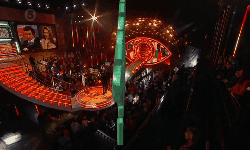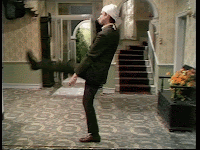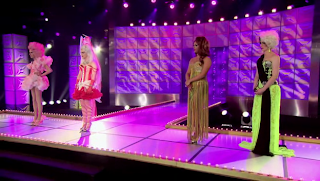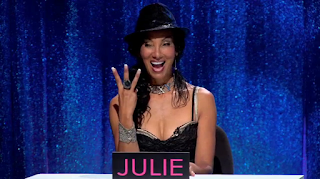What is your name? must be one of the 1st sentences that is formally taught in school either to children or learners of English as L2.
It's quite a complex sentence but, nonetheless, useful and easy to remember.
It'd be less complex perhaps if it had no verb to be - as in, What Your Name?
What Your Name is actually a variant form of saying What is your name? Such form doesn't obey the grammatical norms of Standard English.

At the city center, entering in a Pound Shop , I spotted Everything 99p or Less.
The examples above show that the omission of be is indeed common in English and, apparently, such feature doesn't affect intelligibility of the message. Particularly, I can't avoid the sense of strangeness when I encounter sentences of English that omits the copula be.
What Your Name is actually a variant form of saying What is your name? Such form doesn't obey the grammatical norms of Standard English.
What your name, however, occurs in English perhaps more often than we suppose.
What you name omits the verb be - am, is, are. In such position be assumes the grammatical function of 'copula'.
Copula, as defined in the
Concise OED, is a connecting word, in particular a form of the verb be connecting a subject and complement. So, in My name is Earl, 'is' assumes the function of copula, linking 'My name' (subject) and 'Earl' (complement).
A fact that some may ignore is that omitting the copula be in English is considerably common.
The omission of copula be was documented as a common feature of the African American Vernacular English - aka, Black English or Ebonics - in the work Language In The Inner City by William Labov (1972).
A fact that some may ignore is that omitting the copula be in English is considerably common.
In Language... Labov presents examples of actual speech like:
Means he a faggot. vis-à-vis Means he is a faggot.
You out the game. vis-à-vis You are out of the game.
But everybody not black. vis-à-vis But everybody is not black.
But the omission of copula be is not a feature of an isolated dialect of English. It can be noticed in other varieties, including British English.
A simple example can be observed in the Big Brother UK (Series 14). When the presenter Emma Willis says 'the vote lines (...) are now closed', in the 3D captions on screen the copula - are - is omitted.
Walking through the streets of Leeds, I could observe other examples.
All Welcome, instead of All are Welcome, is written in a notice board at the side of Wrangthorn Church in Hyde Park Corner.
Walking down Cardigan Road (Headingley), we can equally read Everyone Welcome, instead of Everyone Is Welcome in a sign outside Milford Builders Merchants.
Towards the district of Sheepscar, in the sign outside Geoff's Upholstery one reads No Job Too Small, instead of a more standard form No Job is Too Small.

At the city center, entering in a Pound Shop , I spotted Everything 99p or Less.
The form Everything is 99p or Less would be more in accord to the standard norms of English.
The examples above show that the omission of be is indeed common in English and, apparently, such feature doesn't affect intelligibility of the message. Particularly, I can't avoid the sense of strangeness when I encounter sentences of English that omits the copula be.
In the pictured examples, it seems, the omission of be - is, are - obeys a principle of economy in writing. And since we living a time in which the new generation are using English to exchange messages through written media, particularly via text messaging and social networking, I wouldn't find strange the omission of am, is, are will perhaps become more and more common in actual speech across all varieties of English.
All Comments Welcome.























































